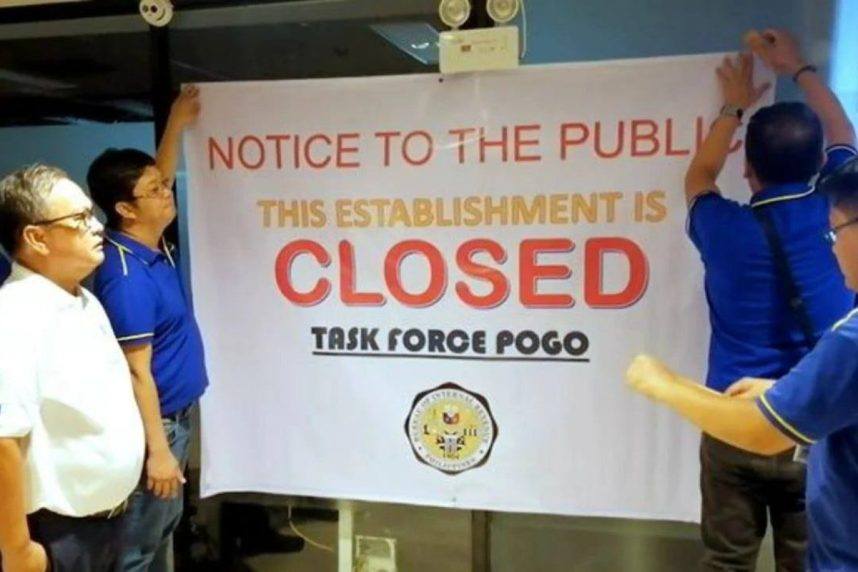Date: January 3, 2025, Time: 09:46h.
Last updated on: January 3, 2025, Time: 09:46h.
The Philippines Bureau of Immigration estimates that over 11,000 foreign workers who came to the country for online gaming operations are still present despite being instructed to leave by the end of the year.

To satisfy China, Philippines President Ferdinand “Bongbong” Marcos Jr. ordered the immediate closure of the nation’s online gambling industry in July. Referred to as Philippine Offshore Gaming Operators (POGOs), these online casino businesses targeted countries where online gambling is prohibited, specifically China.
The Philippines’ Bureau of Immigration set a deadline of December 31, 2024, for foreign workers employed in POGOs to leave the country. Immigration Commissioner Joel Anthony Viado revealed that approximately 11,254 foreign POGO employees are believed to still be in the country, in an interview with the Philippine News Agency, the country’s official news outlet.
Viado stated, “I have instructed our intelligence division to start searching for those who have not left. They are now deemed illegal aliens.”
“Expect a heightened search for these illegal aliens. The president’s directive is clear – no more POGOs in the Philippines,” added the BI chief.
Foreign Workers in Search of Safety
Chinese President Xi Jinping has long urged the Philippine government to crack down on POGOs that target Chinese online casino players. Gambling is largely banned on the mainland, with exceptions for state-run lotteries and sports betting. Casinos are permitted only in Macau, a Special Administrative Region of China.
Engaging in or running an online gambling business in China is illegal and comes with severe penalties. While individual players are rarely prosecuted, the same does not apply to operators.
For years, China has warned its citizens against working for online gambling companies abroad. Despite this, tens of thousands of Chinese individuals were attracted to the Philippines with promises of better opportunities and higher pay.
POGOs employed around 40,000 workers earlier this year, with many being Mandarin-speaking Chinese employees to cater to online gamblers in China.
Numerous Chinese workers reported unmet promises and harsh working conditions upon arrival in the Philippines. Returning to China could lead to prosecution for involvement in overseas gambling operations, posing a risk to China’s national security interests, according to Xi.
During its peak in 2019, the POGO industry generated approximately $3 billion in revenue from international players.
POGOs on Alert
In addition to warning foreign POGO workers to depart the Philippines, Presidential Anti-Organized Crime Commission Executive Director Gilbert Cruz stated that landlords who knowingly allow POGO operations on their properties will face legal action. Property owners risk asset forfeiture if authorities discover POGO activities on their premises.
Since the ban imposed by Marcos, there have been reports of smaller online gaming operations setting up in apartments and hotel rooms.


